Call for Lightning Talk Presentations
“CUNY DHI 2016: Building a Digital Humanities Community at the City University of New York.”
Monday, November 7th, 6:00-8:30pm
Ninth Floor Breakout Rooms, Rooms 9204/9205/9206/9207
The Graduate Center, CUNY
Proposals will be accepted on a rolling basis until October 21st (or until all presentation slots are filled).
After last year’s success, CUNY DHI and GC Digital Initiatives invite participation at the second annual “CUNY DHI: Building a Digital Humanities Community at the City University of New York.”
This event features a series of
- lightning talks on digital projects from across the CUNY campuses,
- Presentations from graduate student winners of Provost’s Digital Innovation Grants,
- a reception to follow for discussion and networking.
How to get involved
CUNY faculty, graduate students, and staff are invited to submit proposals for lightning talks of no more than 5 minutes (with no more than 3 slides) on projects that highlight ongoing, current, and recent work in the digital humanities. We welcome all disciplines and even encourage presentations that include undergraduate participation. Groups may present collaboratively or individually.
Please check out our recap from last year for an overview of the types of projects and initiatives that have been featured previously: cuny.is/cunydhi2015.
To submit your lightning talk for consideration, please fill out this brief form to share a little more information with us (no abstract required!): https://goo.gl/j71U1B. Once you have submitted the form, we will contact the email address provided with further details.
Last year, we had eight of the CUNY campuses represented across presenters, and this year we are hoping for even more! For specific questions, please do not hesitate to contact Lisa Rhody, Deputy Director of Digital Initiatives at [email protected] or Javier Otero Pena, GC Digital Fellow at [email protected].
Thank you for your interest in participating, and we look forward to seeing you there!
This event is sponsored by CUNY DHI and GC Digital Initiatives.





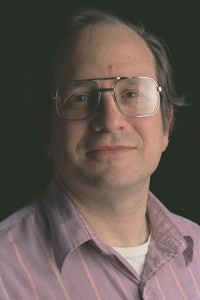
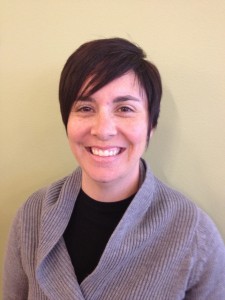
![top-73-censored-weibo[1]_0](http://cunydhi.cunyac.reclaimhosting.dev/files/2014/04/top-73-censored-weibo1_0-300x254.jpg)
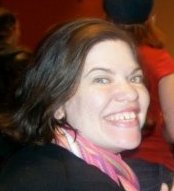
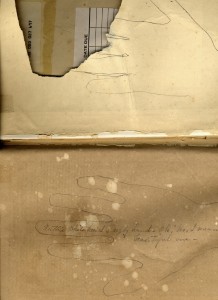
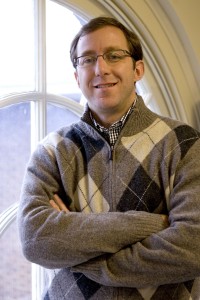

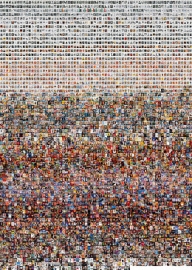


 Welcome to the blog of the CUNY DHI, an effort to build momentum and community around Digital Humanities practitioners at CUNY. We hope you'll join us at our upcoming events and that you'll follow this blog to hear about the latest news in the field.
Welcome to the blog of the CUNY DHI, an effort to build momentum and community around Digital Humanities practitioners at CUNY. We hope you'll join us at our upcoming events and that you'll follow this blog to hear about the latest news in the field.
